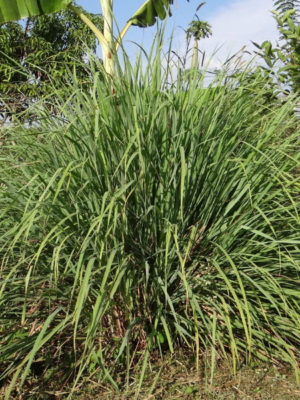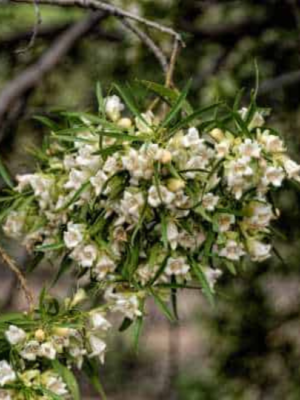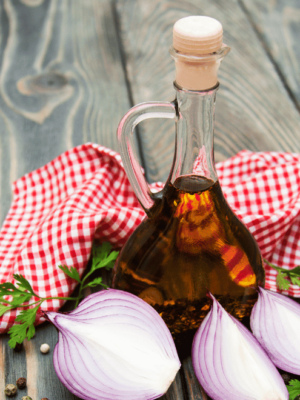Holy Basil, also known as Tulsi or as the botanical Ocimum tenuiflorum and Ocimum sanctum is native to parts of Southern India and South East Asia. It is used extensively across India in the practice of Ayurvedic medicine and for spiritual purposes.
In Ayurvedic medicine it is know to help treat colds, headaches, stomach disorders, inflammation, heart disease, various forms of poisoning, and malaria.
As a food ingredient the dried herb is very popular in Thai cuisine where it is often called ‘Thai Holy Basil’ (known locally as kaphrao). You will find it in many traditional Thai dishes so look out for it when you next indulge in your favourite Thai dishes!
In aromatherapy Holy Basil purifies and cleanses the air and is thought to support our respiratory, nervous and digestive systems.
It can also be used as an ‘energiser’ in room diffusers it is thought to stimulate the creative receptors in the brain when working (a good one to sneak into the office!).
As with all essential oils, it is crucial to handle them with care. It is recommended to dilute essential oils properly in a carrier oil (such as coconut oil, almond oil, or jojoba oil) before applying them to the skin or using them in aromatherapy. Additionally, pregnant or nursing women and individuals with certain medical conditions should consult a qualified healthcare practitioner before using essential oils.
Given its typical high yields of eugenol, Holy Basil Oil may be compared as a cross between Clove and traditional Basil.
- Botanical name: Ocimum sanctum
- Origin: India
- Crop Season: November – February
- Plant/part used: Whole plant
- Method of extraction: Steam distillation
- TSCA CAS: 91845-35-1
- EINECS: 295-208-3
- INCI Name: Ocimum sanctum leaf extract
- Appearance: Colourless to Pale yellow liquid
- Organoleptic Properties: Fresh, warm, and spicy herbaceous odour
- Density: 0.965 – 0.985
- Refractive index: 1.490 – 1.520
- Optical rotation: 0º to -10º
- Chemical constituents: Eugenol: min 35%, trans-Caryophyllene: 18 – 23%, Methyl eugenol: 8 – 15%






